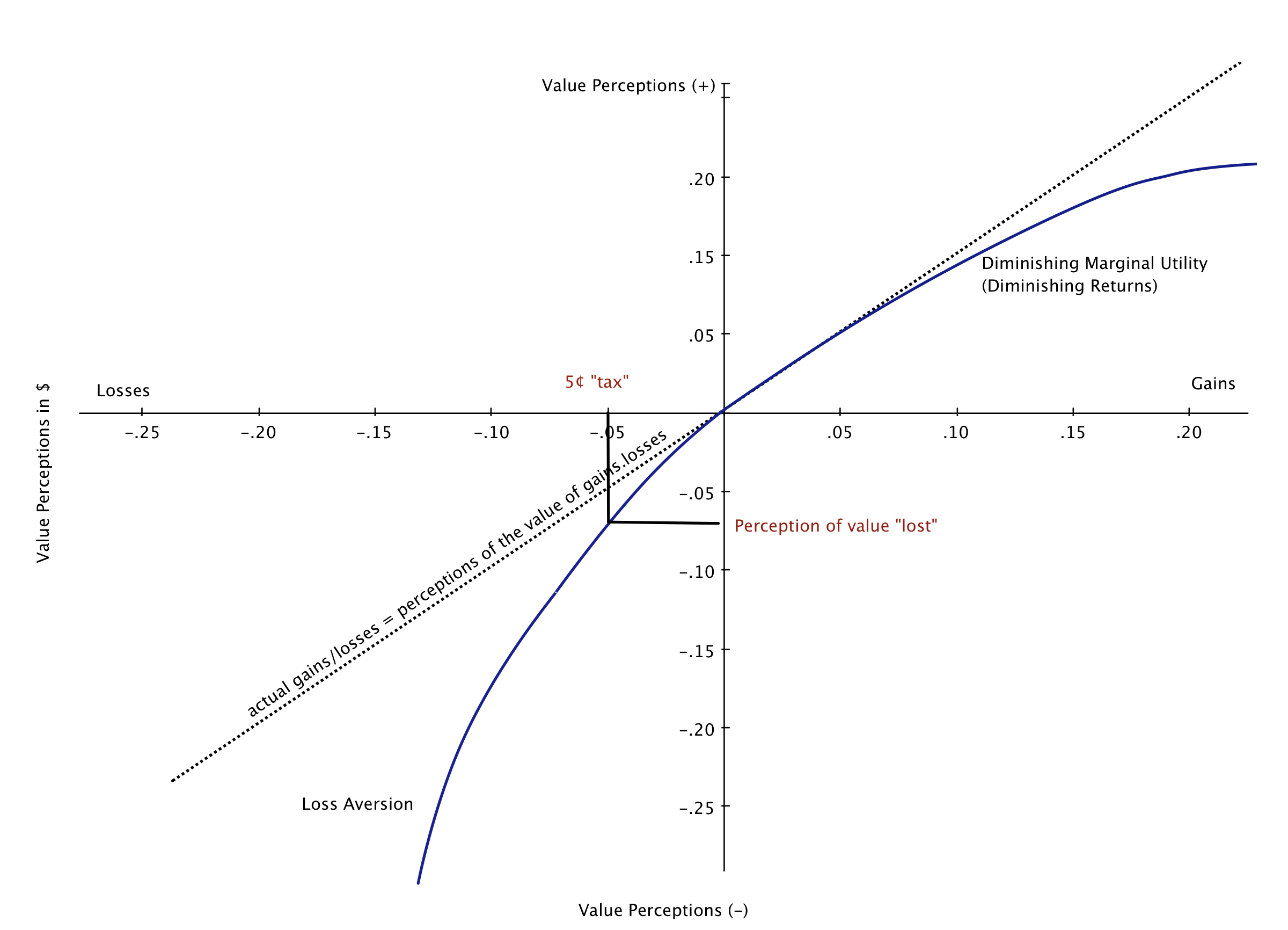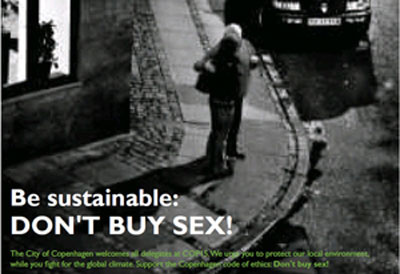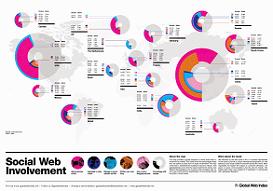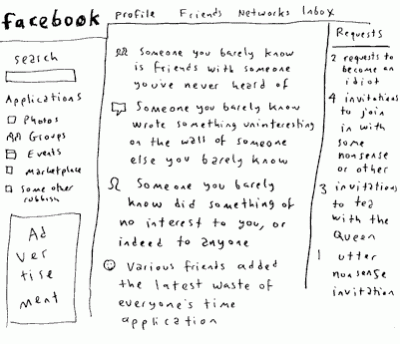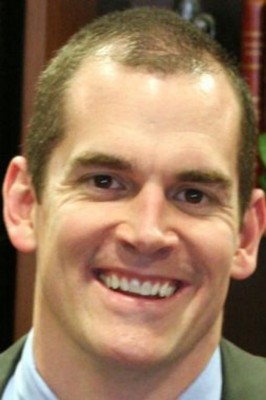
This will be part of an ongoing series on mental illness and the law, which is part of an article I am writing.
Way back in July, I was driving along the 401 from Toronto to Kingston, Ontario. I was listening to CBC, which was rebroadcasting an Ideas programme, part II of The Dark End of the Spectrum, which was about one man’s struggle with Asperger’s Syndrome. Asperger’s is a distinct form of high-functioning autism that manifests itself in intense preoccupation with specific interests. A Fox Searchlight film that came out in the summer, Adam, has its protagonist as an Aspberger’s sufferer::
The subject of part II of The Dark End of the Spectrum is Darius McCollum, whose fixation is the New York City subway. McCollum saw the subway as a way to escape the violent bullying of the schools, stemming from his Asperger’s, and as a boy, he started to spend a lot of time in the NYC subways and befriended its employees.
“Darius spent hundreds of hours watching trains at 179th Street. He estimated the angle of every track intersection in the yard. By the time he was eight, he could visualize the entire New York City subway system. (Later he memorized the architecture of the stations.)” [1]
Over the years, Darius’ Asperger’s manifested itself with his focus on the subway and became a self-taught expert on the system, its trains, and how to run them. The problem with Darius’ preoccupation is that it compelled him to impersonate subway employees, often with their help, and was always polite and helpful. He was known to “cover” for employees who were on the clock and when he was 15, he even managed to drive an E train from 34th. St {Penn Station} to the World Trade Center, when the driver became ill [2]. The preoccupation manifested itself with Darius impersonating employees and forging signatures, landing him in trouble with the law—repeatedly [3].
Enter the self-proclaimed Wicked Witch of the West, Justice Carol Berkman, who came down hard on the “recidivist” Darius in 2002 sentencing him to maximum security prison for 5 years. What is curious is that this judge has a history of being an “activist” against mental health defenses, as this Judicial Reports post details. What is troubling, at least to me, is how she clearly admits to using the DSM in ways it was never intended to be used::
“Perhaps we could bottom line this . . . having educated myself on the website and with the DSM and so forth, Mr. McCollum has some characteristics which are very much inconsistent with Asperger’s. He’s got a lot of friends. You told me he has a fiancée, and one of the major signs … is social dysfunction. Not just, gee, his friends think he’s a little strange sometimes, but an inability to relate to others. . .”
I’m puzzled by why a judge would deem it proper for her to conduct “research” on psychology and pass off her findings, as if she somehow managed to have expertise on the subject of autism or Asperger’s. Berkman tries to justify her actions by couching them in broad brushstroke generalities with an affliction where understanding is murky to say the least::
“I suppose there is no way of the Court coming out of this looking anything but monstrous. . . . This man is a danger. . . . But in the meantime we’ve made him a poster boy for the system’s lack of compassion for the mentally ill. Well, I have a lot of compassion for the mentally ill. You know, we don’t lock them up anymore. We let them have lives, and most of the mentally ill, I hear from the experts . . . lead law-abiding lives. Darius McCollum does not. That’s too bad. The law says he has to face the consequences of that, because . . . he has free will. . . . So all those people out there making faces at me thinking of me as the ‘Wicked Witch of the West,’ are, in fact, the people who are stealing his humanity from him.”
So, rather than allow a real psychiatrist to examine McCollum {Riker’s Island, the New York City jail facility, prevented the defense from letting a psychiatrist evaluate him}, Berkman went in a different direction and took a page straight out of Michel Foucault’s Discipline and Punish [4] and Madness and Civilization [5]. Berkman promotes a set of actions by the legal institution, acting like a machine of social control, that does the following::
- Nonviolient McCollum with his compulsions must be rendered as a “docile body”
- His inability to “control himself” required him to be enclosed in a state apparatus of prison to render him docile
- The institution of the legal system serves to internalize within its subjects the power relations of dominance and control
Somehow, I doubt if Berkman has read Foucault, but her actions exhibit the bleak and negative {in my opinion} Nietzschean philosophical stance of Foucault with respect to society, in terms of power, institutions, and the individual. Berkman paints herself into an ugly corner. She, not a qualified professional, deemed McCollum to be sane enough to be fit to be tried and stated on the record that she feels he is a danger to society, paving the way for her to throw the book at him.
Berkman think she’s doing right by society, but not everyone agrees. A legal scholar at Fordham commented on her conduct in the McCollum case::
“That was entirely inappropriate. She’s supposed to be impartial. She’s not supposed to be an investigator for one side of the other…The timing is critical: it converts her from an impartial jurist into advocate for a certain position. She doesn’t ask for anything and she does her own research. If the state thinks mitigation based upon this mental illness is inappropriate, they should say, ‘Judge, it doesn’t add up.’ Then they should take a position, written or oral: ‘Judge, we’ve researched this, these are the elements to Asperger’s, these are the elements of the defendant.” [6]
A fellow justice, Alvin Schlesinger, came out of retirement to speak on the case. Berkman cut him off and wouldn’t hear a word of what he had to say. Schlesinger was shocked::
“‘She tried to make herself the expert in a very complicated field. The only thing I wanted was an adjournment to see if we could help this man. I am disappointed it happened this way.” [7]
While the institution of psychiatry struggles to figure out the complex workings of the mind, the legal institution is sometimes caught in its own logics or the logics of those in power to make decisions that hold people’s lives in the balance. These two institutions are like independent silos of knowledge and practice, which allows people, real people like Darius McCollum to fall through the cracks.
I sent a friend of mine with experience with Asperger’s an e-mail discussing Darius and she sent a reply that was quite illuminating for me::
“…sadly, groups of people on the autism spectrum do so very well in a think tank, or lab…and when kept busy with intellectual pursuits (and this takes a special kind of ‘teaching’ or coaching, too) are remarkably stable and productive. environment is EVERYTHING…”
The MTA {NYC Subway} isn’t interested in hiring Darius and the courts have tried to keep him out of New York City by making that a condition of his parole. He continues to return and has been arrested at least four times on transit-related offences since being sentenced by Berkman in 2001.
Twitterversion:: July #CBC Radio b’cast on #DariusMcCollum’s #Asperger’s casts world according to #Foucault. Silos of law & psychiatry? @Prof_K
Song:: Dare Dukes-“The Ballad of Darius McCollum”


